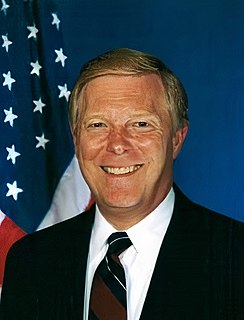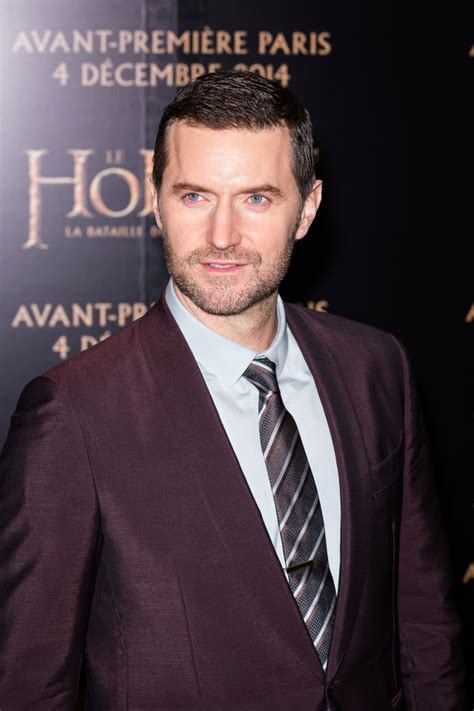A Quote by Richard Branson
I read everything, but generally more fact than fiction - especially autobiographies and biographies. I've read 'Long Walk to Freedom' by Nelson Mandela at least twice on holiday. Every time, I'm totally awed by his vision, strength and forgiveness. I feel honoured to have got to know him and his wonderful wife Graca over the years.
Related Quotes
Even here in America, we felt the cool, refreshing breeze of freedom when Nelson Mandela took the seat of Presidency in his country where formerly he was not even allowed to vote. We were enlarged by tears of pride as we saw Nelson Mandela's former prison guards invited, courteously, by him to watch from the front rows his inauguration.
I was influenced at an early age by Gandhi, and I have read many biographies of him. I have been greatly influenced in the last twenty years by Mandela. It is amazing that he has managed to keep such a balance, that he came out of prison after such a long time as a rounded, holistic person who could reach difficult accommodations with generosity.
I have studied the enemy all my life. I have read the memoirs of his generals and his leaders. I have even read his philosophers and listened to his music. I have studied in detail the account of every damned one of his battles. I know exactly how he will react under any given set of circumstances. And he hasn't the slightest idea of what I'm going to do. So when the time comes, I'm going to whip the hell out of him.
The individual man, in introspecting the fact of his own consciousness, also discovers the primordial natural fact of his freedom: his freedom to choose, his freedom to use or not use his reason about any given subject. In short, the natural fact of his "free will." He also discovers the natural fact of his mind's command over his body and its actions: that is, of his natural ownership over his self.
Here's a strange fact: murder a man, and you feel responsible for his life - ''possessive'', even. You know more about him than his father and mother; they knew his fetus, but you know his corpse. Only you can complete the story of his life, only you know why his body has to be pushed into the fire before its time, and why his toes curl up and fight for another hour on earth.



































